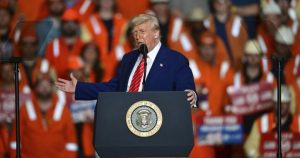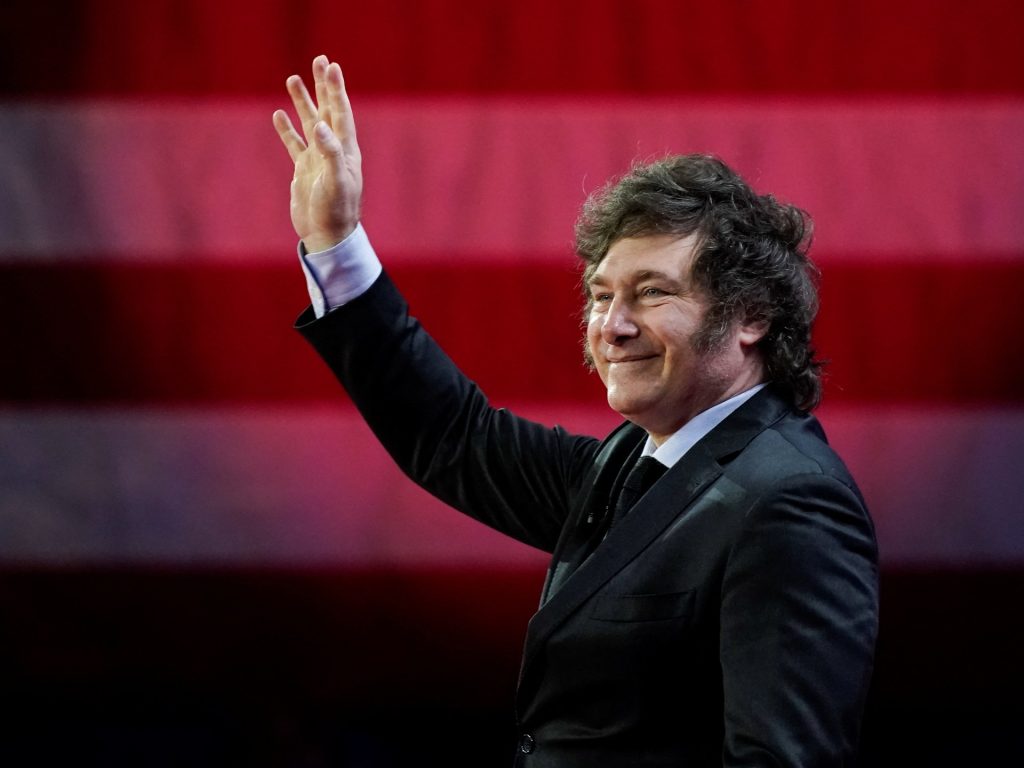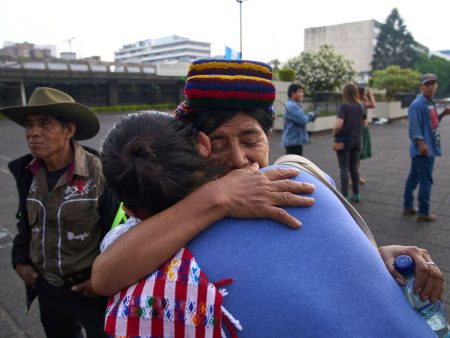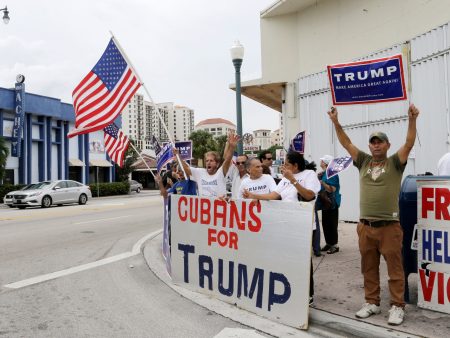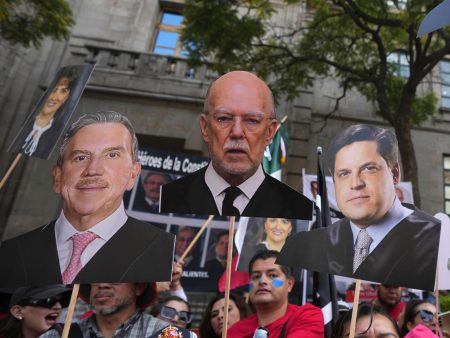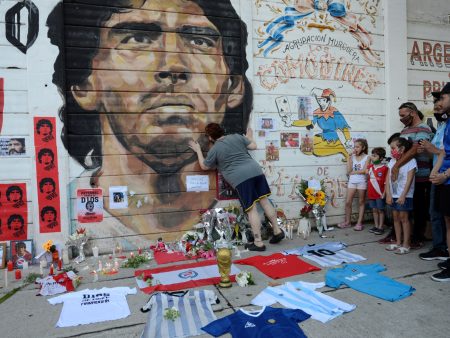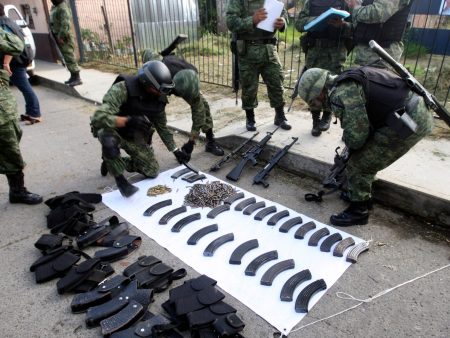Javier Milei, Argentina’s ultra-libertarian president, has emerged as a prominent figure in the global far-right movement, one year into his presidency. His radical economic policies and fiery rhetoric have resonated with conservatives worldwide, drawing comparisons to Donald Trump and solidifying his position as a key player in the burgeoning international right-wing network. The Conservative Political Action Conference (CPAC), a cornerstone of American conservative politics, held its first event in Argentina, a testament to Milei’s growing influence. The conference featured a constellation of ultra-conservative and libertarian figures, including Eduardo Bolsonaro, son of former Brazilian President Jair Bolsonaro, and Santiago Abascal, leader of Spain’s Vox party, further highlighting Milei’s international appeal. This gathering solidified the perception of Milei as a global leader of the far right, with figures like Eduardo Bolsonaro explicitly acknowledging this status.
Milei’s ascent to the global stage has been rapid. Initially dismissed by some as a fringe figure, his anarcho-capitalist ideology and unconventional campaign tactics, including wielding a chainsaw, captured the attention of a disillusioned electorate. His victory in the 2023 presidential election, followed by meetings with Donald Trump and an appearance at Mar-o-Lago, cemented his position as a force to be reckoned with. His blatant disregard for traditional political decorum, exemplified by his preference for speaking at a Vox event in Spain over meeting with the left-wing government, further underscores his commitment to his ideological allies. This calculated cultivation of relationships with like-minded figures internationally contributes to a mutually reinforcing dynamic that amplifies his message and solidifies his position within the global right-wing movement.
The CPAC event in Buenos Aires served as a platform to elevate Milei’s status within the international right-wing movement, highlighting the symbiotic relationship between him and figures like Trump. The conference showcased a feedback loop between right-wing leaders, including Trump, El Salvador’s Nayib Bukele, and Hungarian Prime Minister Viktor Orban, who echo each other’s rhetoric and policies, amplifying their collective strength in what Milei frames as a “culture war.” Milei’s call for an “international right-wing,” a network of mutual assistance dedicated to spreading the ideas of freedom, underscores his ambition to forge a global coalition of like-minded leaders. The conference, attended by right-wing legislators from across Latin America and other international figures, served as a rallying point for this movement, demonstrating the growing reach of Milei’s influence beyond Argentina’s borders.
Milei’s radical approach to governance has drawn both praise and criticism. His aggressive austerity measures, including slashing government spending, firing public sector employees, and cutting subsidies, are lauded by his supporters as necessary steps to break from Argentina’s troubled past. His drastic actions have resulted in a significant reduction in inflation, a key achievement in a country plagued by chronic economic instability. However, these policies have also led to a sharp increase in poverty, sparking protests from vulnerable groups like pensioners and students. His radicalism is seen by some as a “wet dream of businessmen” due to his commitment to shrinking the state and deregulation. This appeal to a segment of the population who feel abandoned by the state and operate outside its traditional structures solidifies his base of support, even amidst rising poverty rates.
Milei’s appeal extends beyond his economic policies. His combative style and strong personality resonate with a younger generation disillusioned with traditional politics. His rhetoric, which often vilifies the left, appeals to those who feel their concerns have been ignored by previous governments. This appeal to a younger demographic is evident in the youthful composition of the CPAC audience, with many attendees having been followers of Milei for years and actively contributing to his rise to power. Figures like Kari Lake, a prominent Republican figure, and Ben Shapiro, a conservative commentator, have praised Milei’s leadership and his contribution to the global advancement of libertarian ideas. This further consolidates his image as a figurehead for a new generation of right-wing leaders.
Milei’s unwavering pro-American stance distinguishes him from other Latin American leaders. His alignment with US foreign policy, evidenced by Argentina’s voting record in the UN, has solidified his relationship with the American right. His actions, including firing his foreign minister over a vote on the US embargo of Cuba and considering withdrawing from the Paris Agreement, further demonstrate his commitment to aligning Argentina’s policies with those of the US under Trump. This unwavering support for US foreign policy interests, combined with his radical economic reforms and strongman persona, has solidified Milei’s place as a key figure in the global right-wing movement. His actions are perceived by his supporters as a demonstration of strength and decisiveness, qualities that resonate in a global political landscape perceived as increasingly fractured and uncertain.
